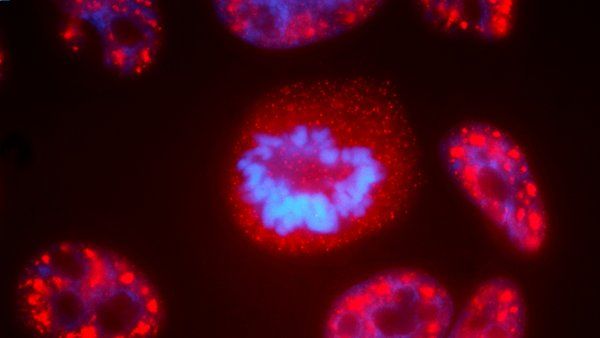Beating Seizures by Jamming the Cellular Circuitry
UCSF researchers discover how gabapentin interacts with calcium channels, opening doors for more effective treatments in epilepsy and Lupus by influencing channel biogenesis.
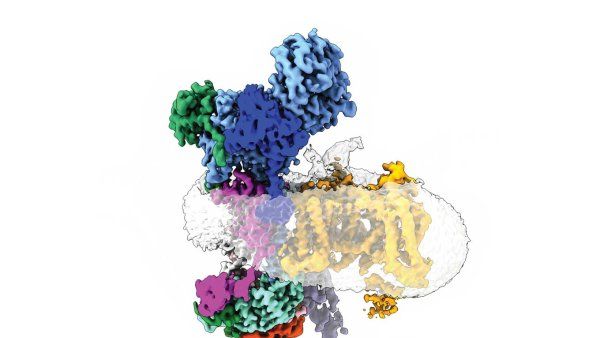
University of California San Francisco
Give to UCSFUCSF researchers discover how gabapentin interacts with calcium channels, opening doors for more effective treatments in epilepsy and Lupus by influencing channel biogenesis.

A traditional African psychedelic plant medicine called ibogaine is the blueprint for two new drug candidates that could treat addiction and depression.
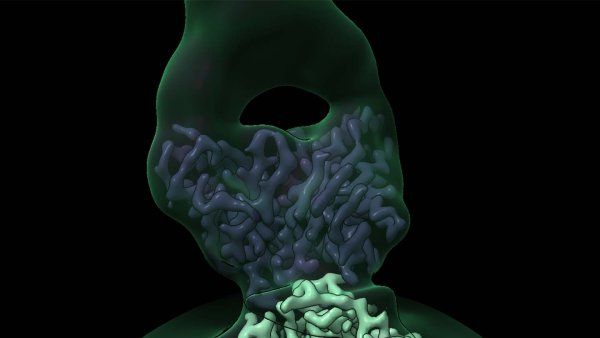
In a first, UCSF scientists created a molecular-level, 3D picture of how an odor molecule activates a human odorant receptor.

Faranak Fattahi’s lab is a national leader in growing stem cells to model peripheral nerves, focusing on gastrointestinal diseases.
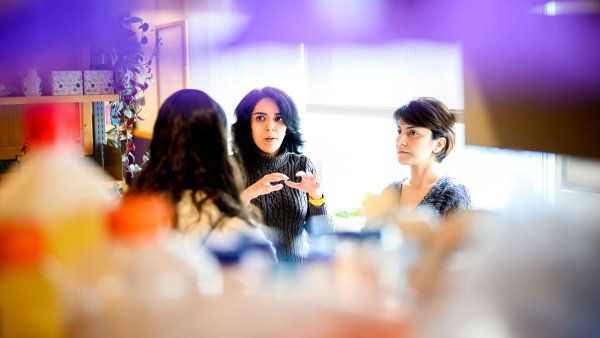
Emily Goldberg's lab studies what happens during aging to a particular set of immune cells: those embedded in fat tissue. She hypothesizes that changes to these cells during aging could be key to age-related inflammation.

Angela Phillips, PhD, leads research that could help predict future viruses like COVID and the antibodies we might use to treat them.

Leanne Jones, PhD, is at the forefront of studying how stem cells are influenced by their surrounding environment and directed to differentiate into one type of cell or another – research that’s critical for stem cell therapies to be successful.
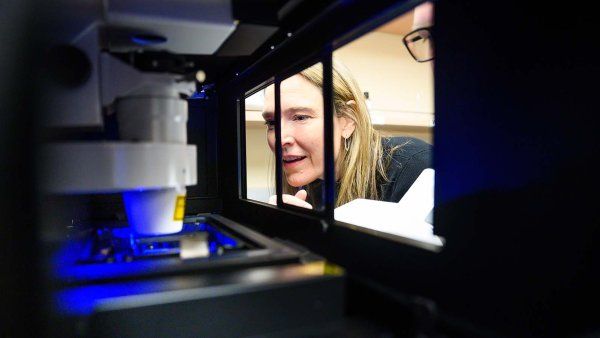
Because proteins can adapt to extremes, Margaux Pinney, PhD, believes they can show how living organisms might adapt to climate change.
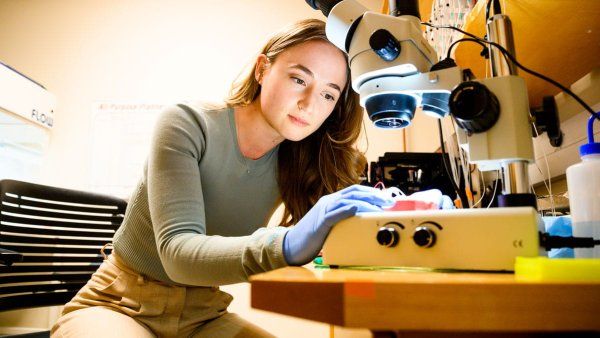
Vissers’ work on RNA tags helped found the field of epitranscriptomics, the study of how chemical marks on RNA, rather than their sequence alone, dictate the function of the molecules.
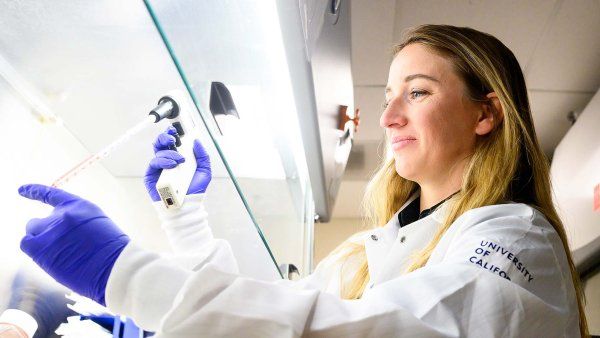
Shaeri Mukherjee, PhD, has won the Bowes Biomedical Investigator award, which will provide funding to further her work using bacterial pathogens to identify basic processes inside human cells.
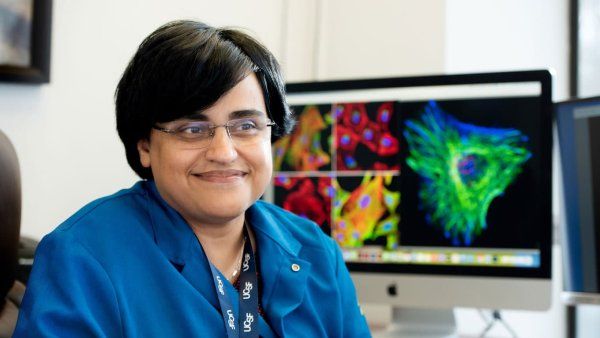
Researchers have discovered a cellular uptake pathway for larger molecules that delivers cell-permeable drugs efficiently.
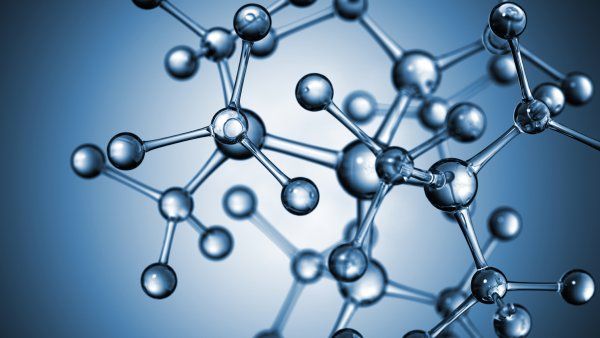
Researchers have engineered molecules that act like “cellular glue,” a major step toward building tissues and organs.

Researchers have identified specific immune cells that drive deadly heart inflammation in a small fraction of patients treated with powerful cancer immunotherapy drugs.
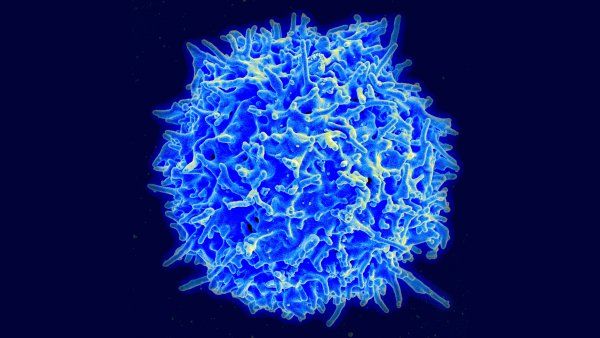
Scientists at UCSF have developed a new way of looking at sex-biased diseases that is rooted in evolutionary biology.

A new UCSF study researchers of more than 23 million people concludes that some commonly used and abused drugs pose previously unidentified risks for the development of atrial fibrillation (AF), a potentially deadly heart-rhythm disorder.
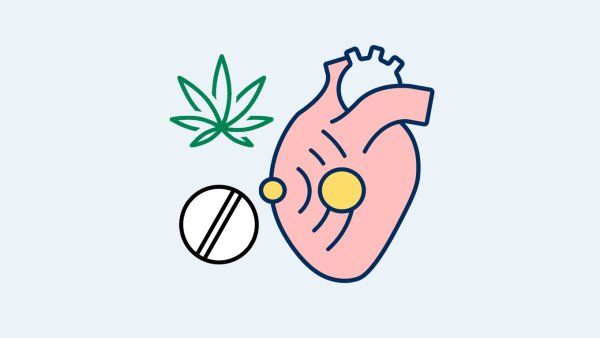
The single-celled protozoan Euplotes eurystomus achieves a scurrying walk by coordinate its microscopic uses a simple, mechanical computer instead of a brain like most animals, UCSF researchers found.
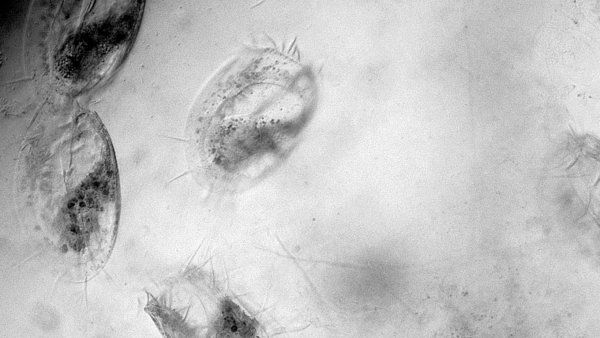
A newly identified set of molecules alleviated pain in mice while avoiding the sedating affect that limits the use of opiates, according to a new study led by researchers at UC San Francisco.

UCSF has revealed how blood vessel cells develop in the prenatal human brain, paving the way to fully understand the role of these cells in healthy brain development and disease.
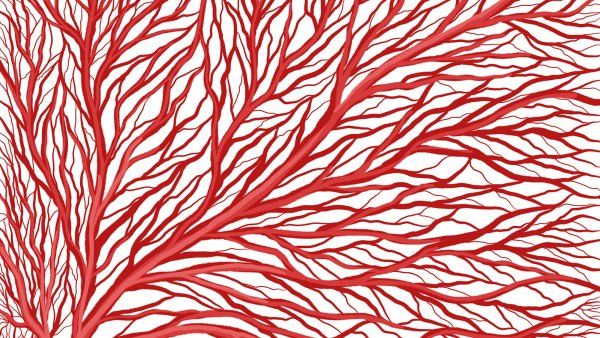
Pregnant women in the U.S. are being exposed to chemicals like melamine, cyanuric acid, and aromatic amines that can increase the risk of cancer and harm child development, according to a study from researchers at UCSF and Johns Hopkins Bloomberg School of Public Health.

How David Julius and Ardem Patapoutian found the molecules in our bodies that sense heat, cold, touch, and pain – and transformed sensory neuroscience.
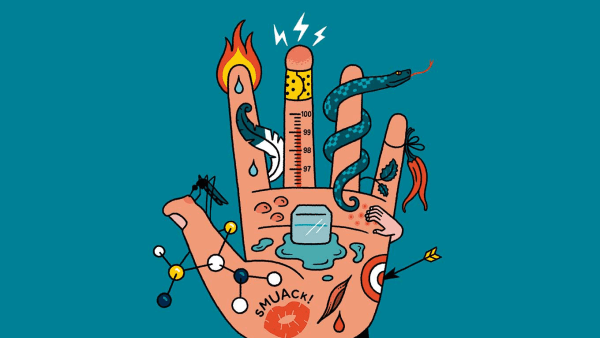
The latest advances in cancer care and research will be showcased at the annual American Society of Clinical Oncology (ASCO) Annual Meeting, the world’s largest clinical cancer meeting.
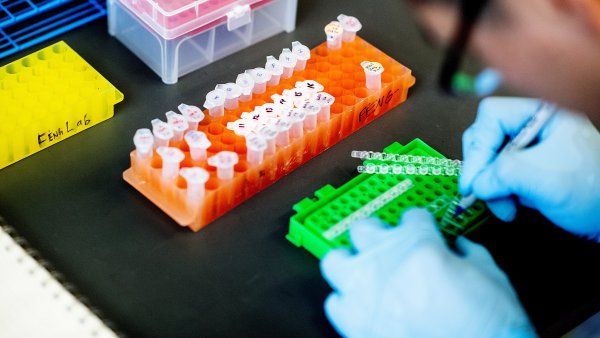
Mark Moasser, MD, has sorted out why HER2, the protein driving 1 in 5 breast cancers, is so hard to drug. He explains how the findings correct a naive way of envisioning how HER2 is shaped and how it works.
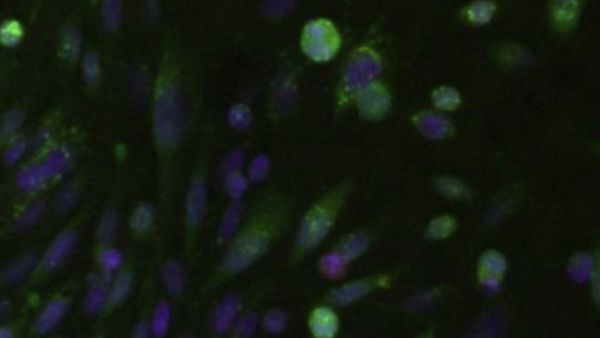
Using data from over 100,000 malignant and non-malignant cells from 15 human brain metastases, UCSF researchers have revealed two functional archetypes of metastatic cells across 7 different types of brain tumors, each containing both immune and non-immune cell types.
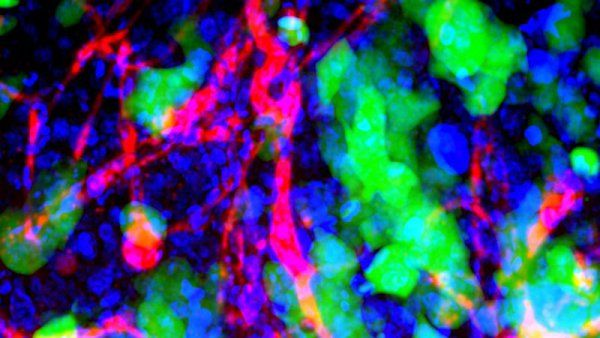
Image Helen Diller Family Cancer Research Building Experts from UCSF Health will present new research and clinical findings at the annual San

Hoping to discover a new approach to treating depression, UCSF researchers looked at mitochondrial proteins and found that people with untreated depression have significantly lower levels of these proteins. New hypotheses emerge about the relationship between depression and the function of the brain’s energy-hungry neurons.
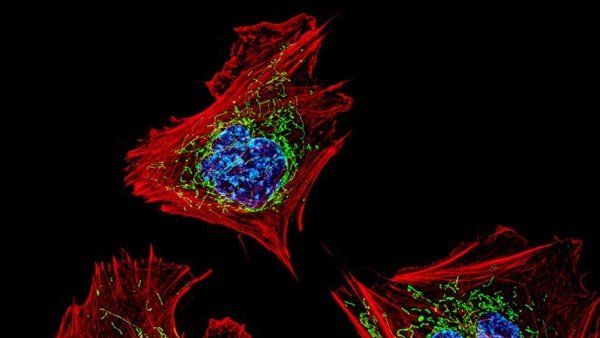
UCSF’s research has been ranked among the top in the world, according to the latest U.S. News & World Report’s Best Global Universities 2022 rankings.
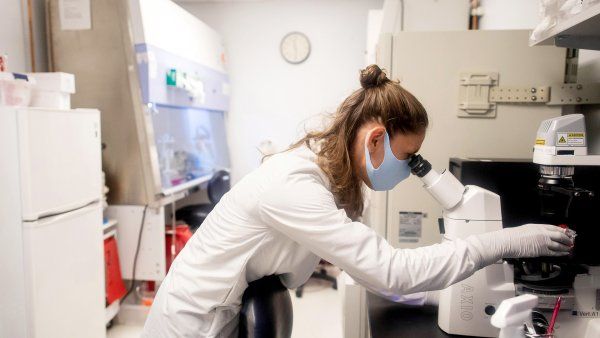
Researchers at UCSF’s Quantitative Biosciences Institute (QBI) have observed how molecular switches regulate many different biological processes simultaneously. Their findings may shed light on how disease mutations operate, offering new ways to target malfunctioning switches and prevent illness.
